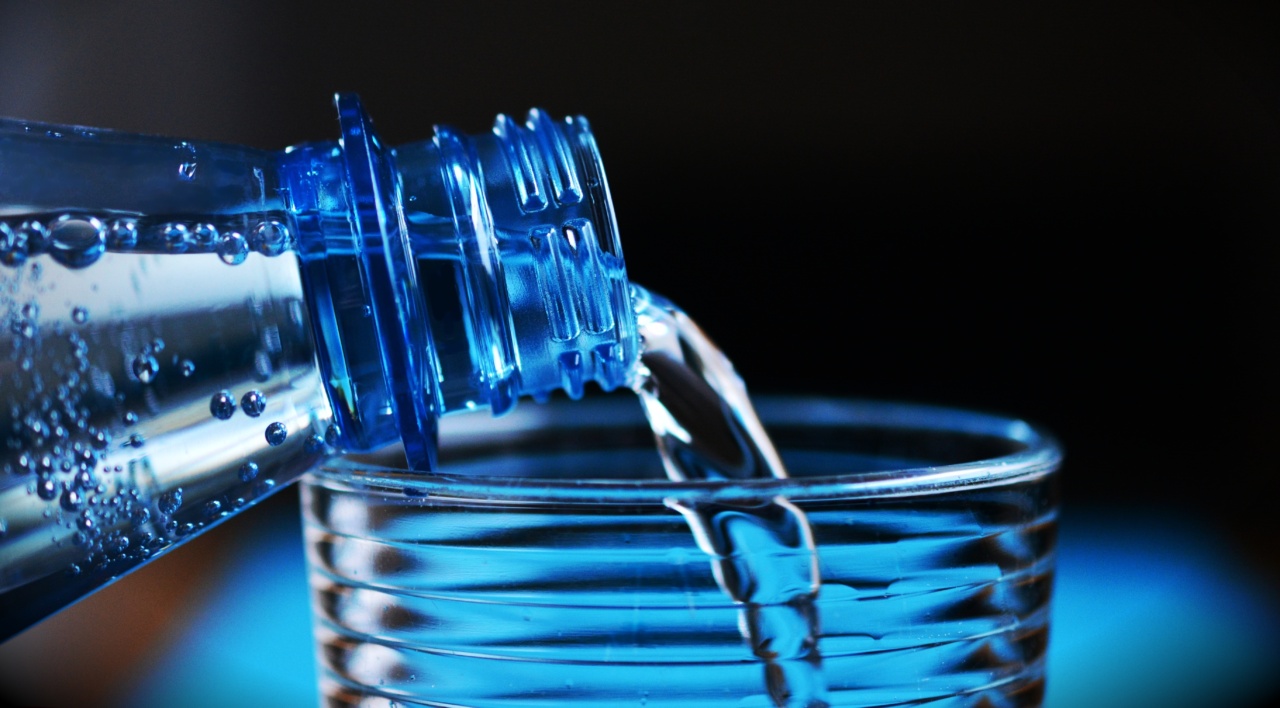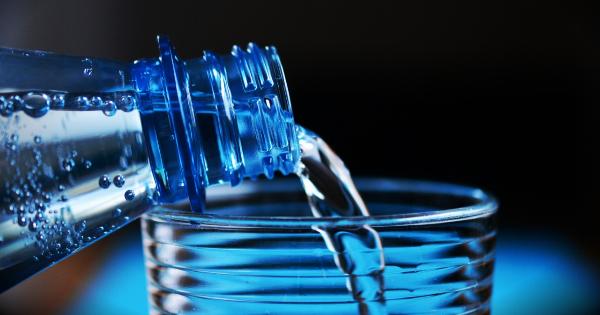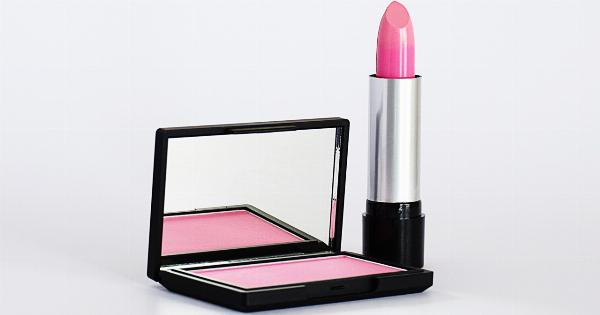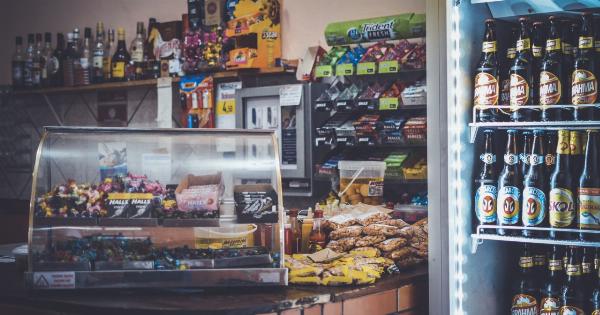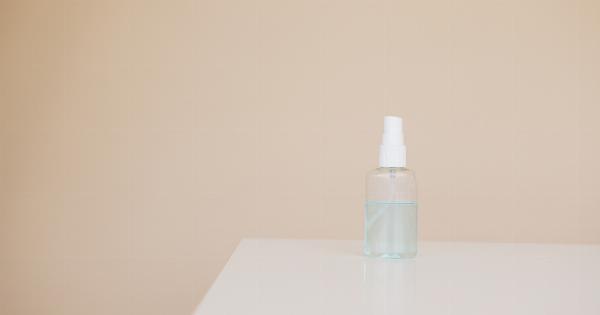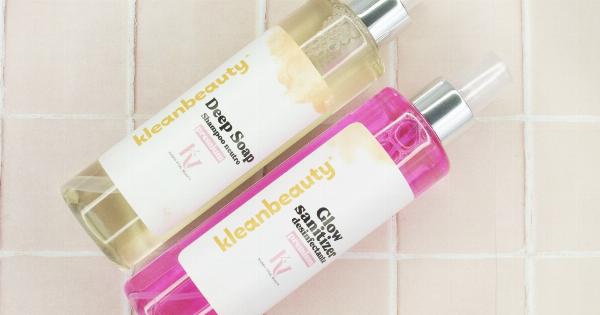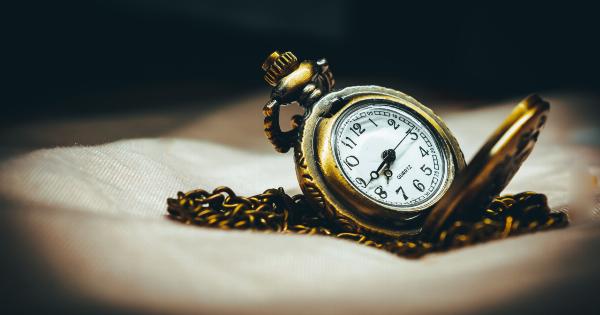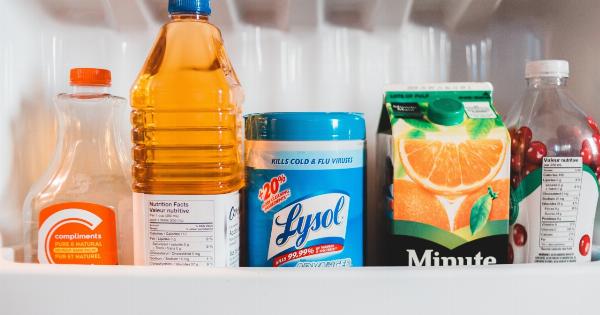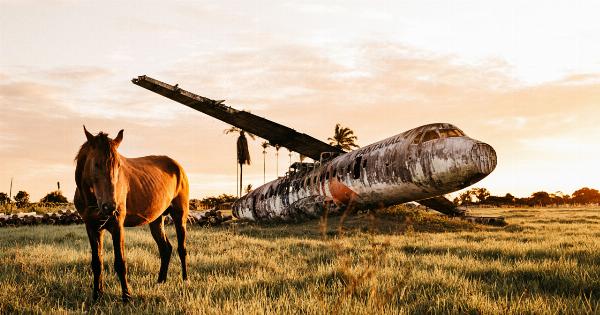When you reach for a bottle of mineral water, do you check the expiration date? Many people might assume that water doesn’t expire, but the reality is that most bottled mineral water does have an expiration date.
In this article, we’ll dive into the science behind bottled mineral water expiration dates and what you should know as a consumer.
What is Bottled Mineral Water?
Before we get into expiration dates, it’s important to understand what bottled mineral water is. Mineral water is water that comes from a natural spring or well and contains minerals such as calcium, magnesium, and potassium.
Some mineral waters are also carbonated.
Bottled mineral water is water that has been bottled at the source and sold to consumers. The bottling process usually involves filtering out any impurities and adding carbon dioxide to the water if it’s a carbonated mineral water.
Why Do Bottled Mineral Waters Have Expiration Dates?
Bottled mineral water does come with an expiration date, and it’s for a few different reasons:.
- Regulation: In many countries, including the United States and parts of Europe, bottled mineral water is regulated as a food product. In the US, the FDA requires all foods (including water) to have an expiration date or a “best before” date.
- Quality: Over time, the quality of the water can degrade. Even though the water may still be safe to drink, it might not taste as good or have the same mineral content as when it was first bottled.
- Safety: In rare cases, bottled water can become contaminated with bacteria or other pathogens. An expiration date helps ensure that consumers are drinking safe water.
What Happens After the Expiration Date?
If you drink a bottle of mineral water after the expiration date, what happens? It depends on a few different factors.
If the water has been stored properly (at room temperature or below) and has not been opened, it’s likely safe to drink after the expiration date.
However, the quality of the water might not be as good as when it was first bottled, and it might not have the same mineral content.
If the water has been opened, it’s possible that bacteria or other pathogens could have entered the bottle. In this case, it’s best to err on the side of caution and avoid drinking the water.
How to Store Bottled Mineral Water
To ensure the best quality and safety of your bottled mineral water, it’s important to store it properly:.
- Temperature: Store bottled mineral water at room temperature or below. Avoid storing it in direct sunlight or in a hot car for an extended period of time.
- Containers: Keep bottled water in its original container. If you must transfer the water to a different container, make sure it’s clean and sterile. Avoid using containers made of plastic that contain bisphenol-A (BPA), which can leach into the water over time.
- Expiration Dates: Check the expiration date before consuming bottled mineral water. If the water has expired, it’s best to discard it (unless it’s an emergency situation).
Conclusion
Bottled mineral water does come with an expiration date, and it’s important to pay attention to it to ensure the best quality and safety of the water.
While it’s usually safe to drink mineral water after the expiration date if it’s been stored properly and hasn’t been opened, it might not taste as good or have the same mineral content. Always check the expiration date before consuming bottled mineral water.
